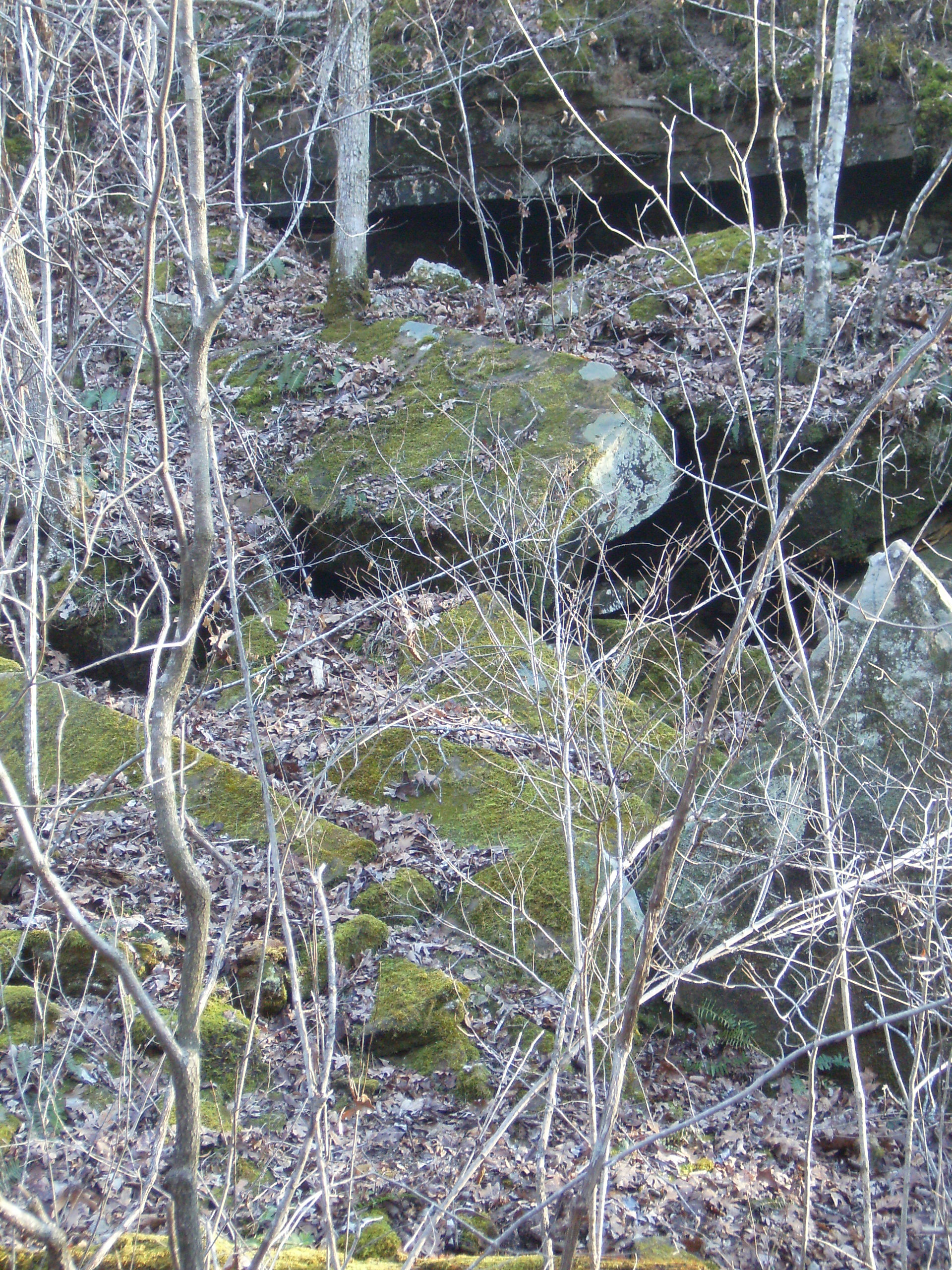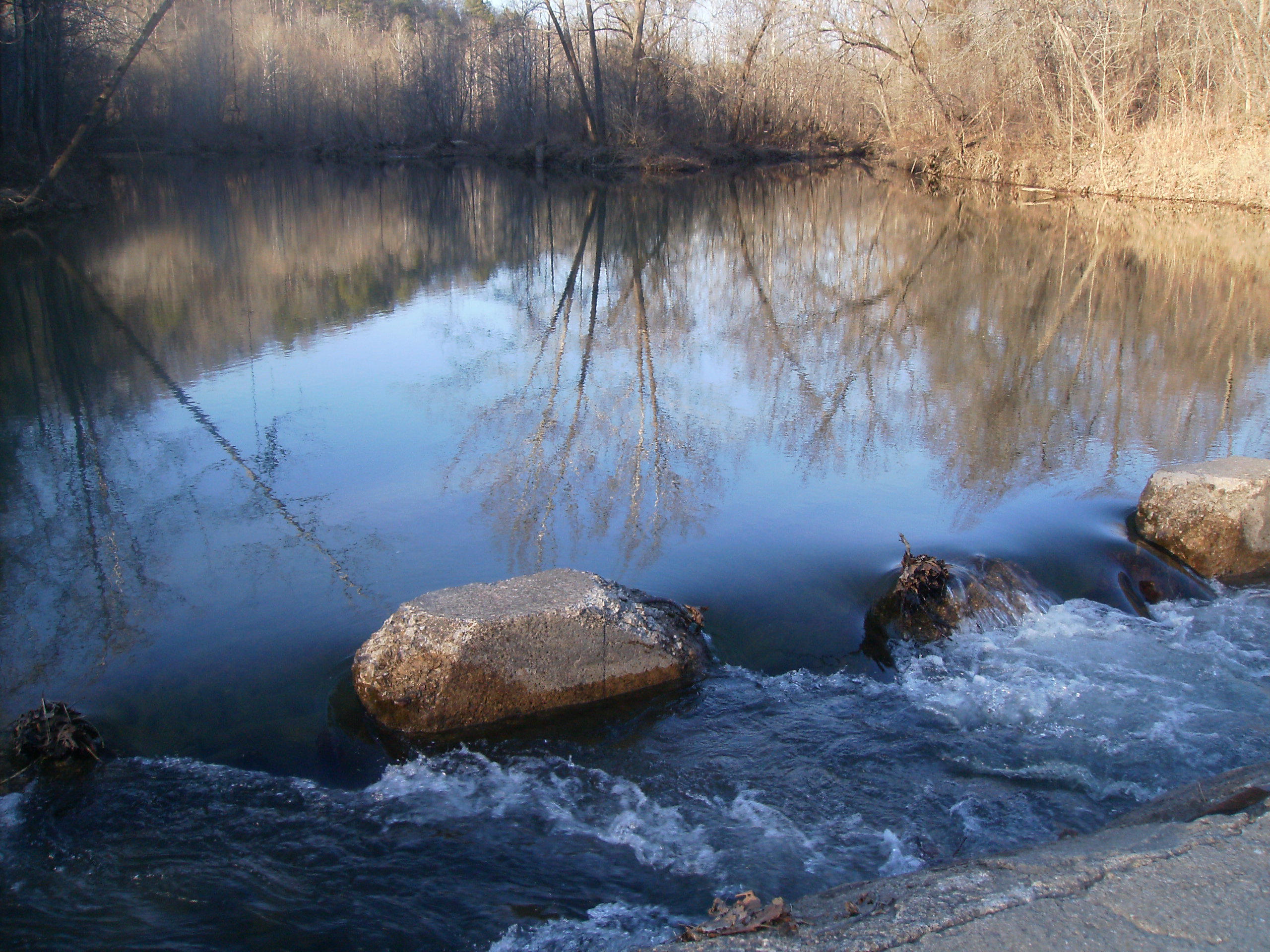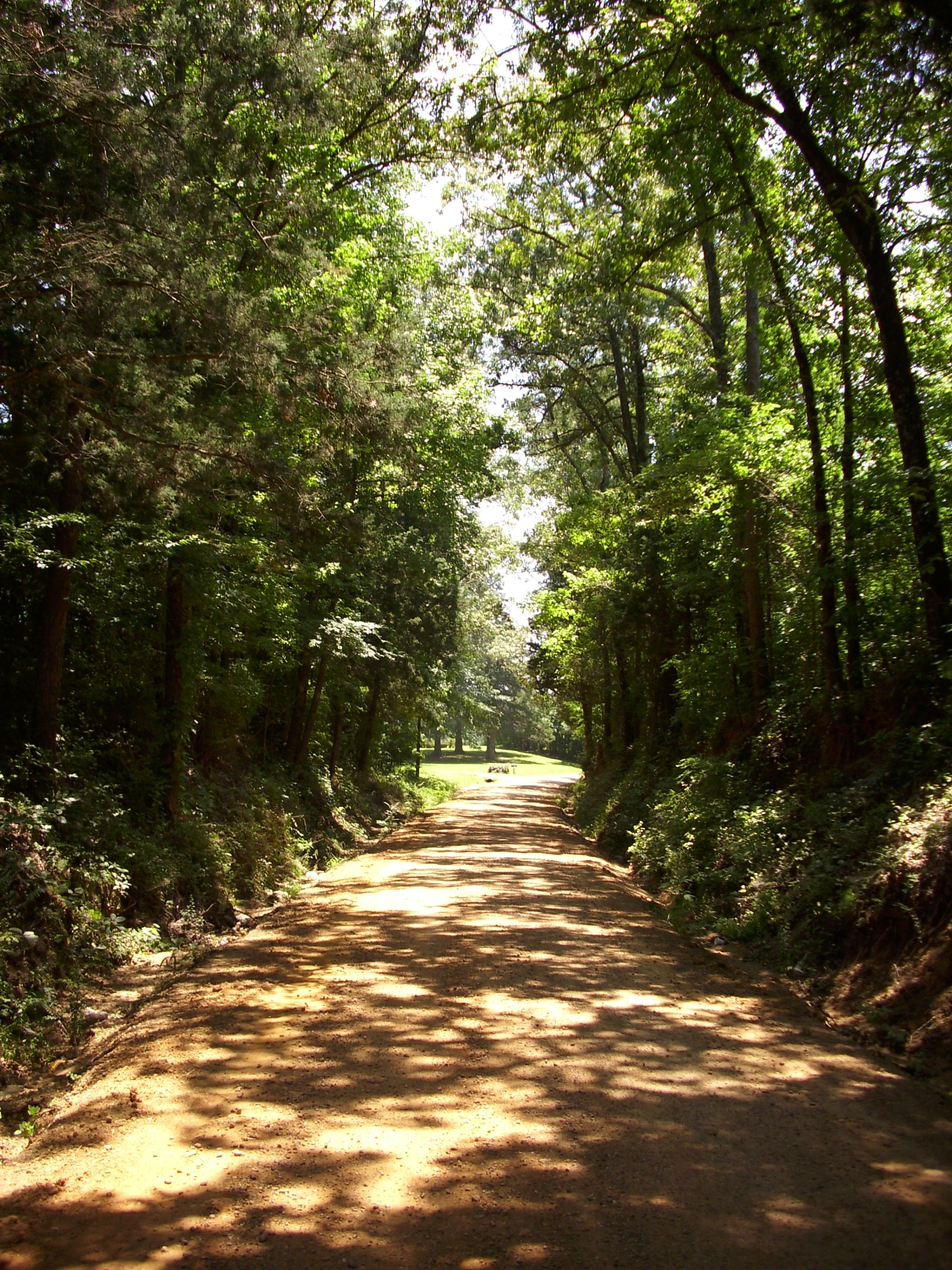We must, then, in our practical life constantly bring together these two principles of life and death. Death must ever suggest–if I may say so, bring with it–some new experience of life; and life must always have upon it the shadow of the tomb, or, better still, that light that shines upon it from the other side. Death is not all darkness, nor life all light. The light of life illuminates and warms the pallor of death. The daily dying is robbed of the chill coldness of the tomb, for in the agony of death, the heart seems only to grow warmer and more human. Life is freed from the noise and bluster that so vulgarize it and gains something of the reverence and restraint of the chamber of death. –Basil W. Maturin. ‘Christian Self-Mastery’
Father Basil Maturin (1847 – 1915), a British citizen and Irish national, died at 68 during the sinking of the Lusitania. He administered absolutions to several people on the sinking Lusitania before drowning. Maturin’s body was recovered in Ballycotton Bay. In many ways Father Maturin’s mind was a very modern one. He read omnivorously, and would come down to breakfast full of the most intense sympathy with the hero or heroine of the novel of the hour. He loved to discuss the book, and would make every allowance of heredity and environment, longing to stretch a point in interpreting the moral law, so as to find an excuse for a character who had touched his heart. Although he could at times become extremely irritated with a book or person, he was in general far readier to admire than to criticize. –Maisie Ward
Maisie Ward hailed from genteel Victorian blue blood, but she literally earned her own stripes, first as a World War I nurse and then as a writer. She could claim author’s rights to the first and only authorized biography of friend G. K. Chesterton.






Recent Comments